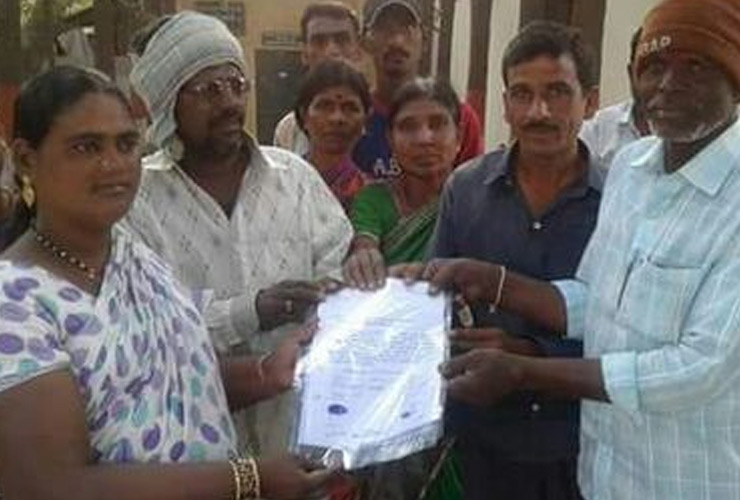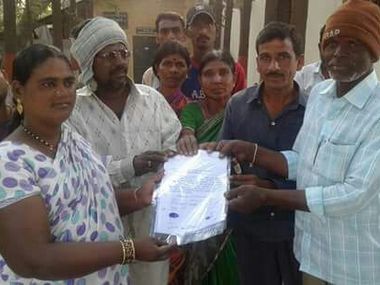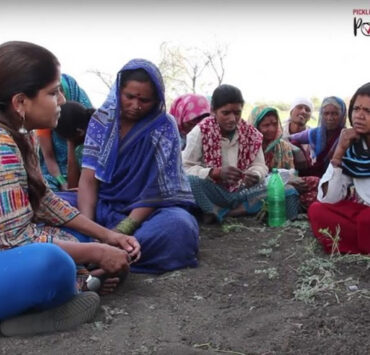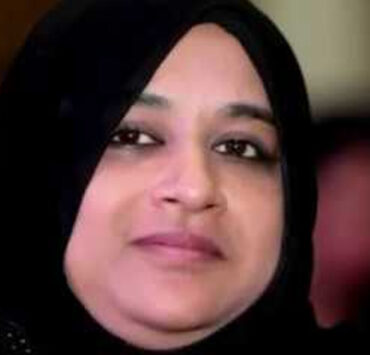
By Pushpa Achanta

In April 2014, in the National Legal Services Authority (NALSA) versus of Union of India case, the verdict from the Supreme Court of India recognised transgender persons and allowed them to choose their gender. This reporter had accompanied the then Chief Election Commissioner of Namibia and his team to a polling station where transgender women had enthusiastically turned out to exercise their franchise in the general election held the next month. Despite the progressive NALSA case judgement, the voter identity cards of the trans women showed their gender as female, which was not necessarily the preference for some of them. (The same was true of Veena S who became the first trans person in southern India to run for public office when she contested the BBMP elections held in 2010 as an independent candidate). However, there were also many trans persons who said that they could not obtain voter ID cards as they lacked documentary evidence of their changed gender or residential address. And this reporter could not spot any transgender men among the voters on that day – an unfortunate yet unsurprising fact as trans men are much more marginalided and invisible than transgender women.
Sadly, not much has changed four years later. This insightful report states that while the number of voters registered in Karnataka under the “other” gender category is 4552 in 2018, up from 2100 in 2013, no trans person is contesting the election this time, unlike the previous election when there were two. In this story, Uma, a trans person and founder of Jeeva, a Bangalore based non-profit organisation that champions the rights of sexual and gender minorities and particularly transpersons, says she was uncomfortable when her earlier voter identity card identified her gender as male. But she adds, “I am ready to vote with pride as my voter identity card now identifies my gender as transgender. However, the absence of a valid proof of address is a hurdle for obtaining voter identity cards. This is because trans persons cannot easily rent houses nor are home owners willing to identify them as tenants in lease agreements or other documents.”
Importantly, the report also highlights that some trans persons wonder why they should vote when the government and political parties have done nothing for them – they still lack housing and are compelled to earn their livelihood from begging and/or sex work. Further, in voters’ queues, others mock them. Uma remarks, “When we raised this issue with the previous Chief Electoral Officer, Karnataka, he suggested that separate polling booths could be set up for trans persons. But we do not want to be isolated from society as it will not let us participate in the political process. Society and state agencies must be adequately sensitised about the realities of trans persons. We need a separate Commission, budgetary allocations and community friendly schemes. There must be monitoring, evaluation and annual reports published on the status of government benefits and schemes that exist for the transgender community.”
Observation
The headline, introduction and text of this story has used the word “transgenders” instead of “transgender persons” or “trans persons” – it is important for reporters and editors to be aware that the term is considered dehumanising and disrespectful, besides being linguistically incorrect.





Ref. the observation above, corrective action has been taken, thanks to feedback from the NWMI:
https://www.firstpost.com/videos/politics/karnataka-transgenders-struggle-to-get-mainstreamed-in-politics-secure-voter-ids-as-parties-remain-oblivious-to-their-plight-4465829.html